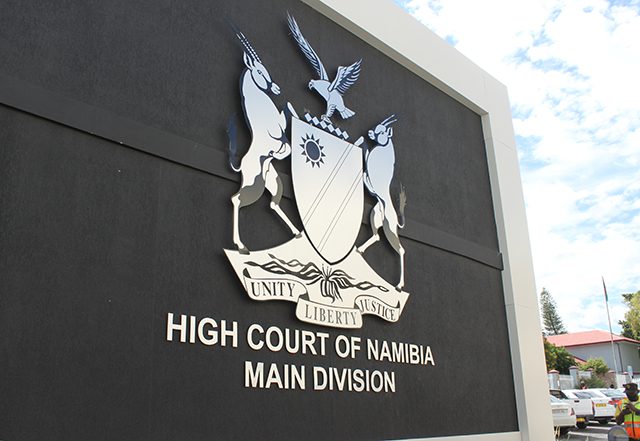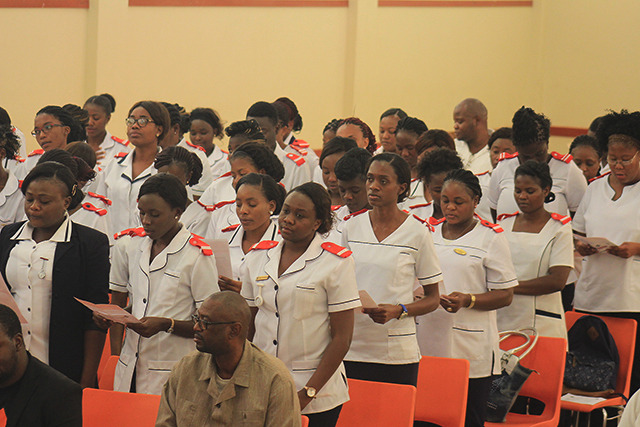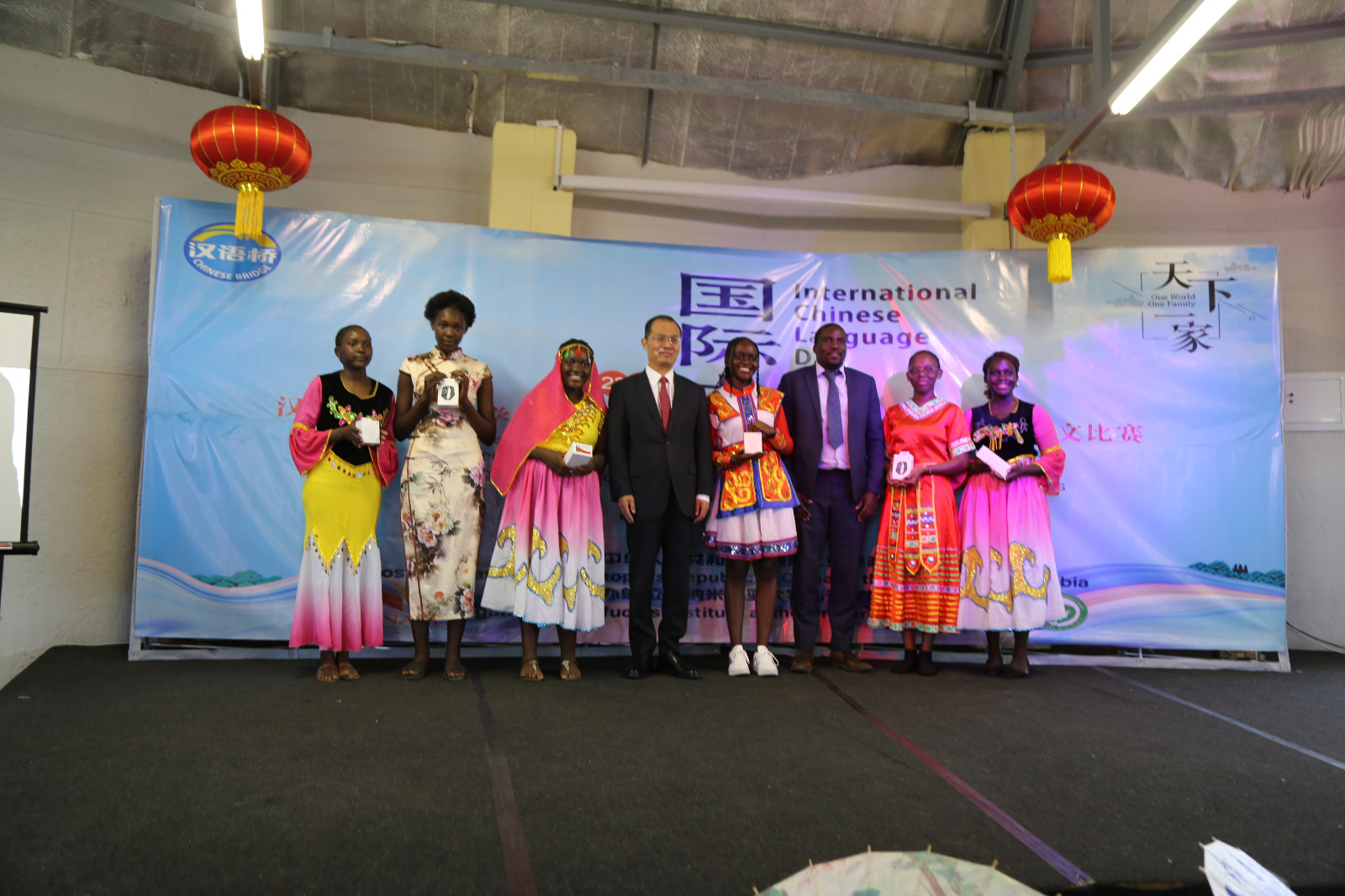• TIM COHEN
STARLINK is being rolled out country by country as more and more satellites get put into orbit.
So far, about 4 238 satellites have been launched in 80 blast-offs over the past three years.
There has been almost nothing that has demonstrated the practical utility of rocketry more than this incredible service. For one thing, it has provided Ukraine with internet coverage absolutely crucial to the defence of its country following a Russian attempt to jam its previous communication system.
If you go to the Starlink map on the website, you can see when the services will be up and running in which country. In Africa, Nigeria, Rwanda, and Mauritius are already connected. All South Africa’s neighbours, the map says, will get Starlink either this year or next, as well as most of the rest of the continent.
For people living in remote areas where it’s not possible to lay cable, this is an absolute game-changer. More than almost anywhere in the world, for Africans, this is manna from heaven.
But if you point the cursor to South Africa, it says “service date unknown at this time”. As a result of this curious exception, Democratic Alliance MP Dianne Kohler Barnard asked communications minister Mondli Gungubele what was going on.
MORASS
What followed was a morass of politics and positioning and the usual equivocation.
Barnard said Gungubele noted that “for Starlink to operate in South Africa, they require… individual IECS/IECNS applicants or licensees to have a minimum 30% equity ownership held by persons from historically disadvantaged groups”.
Well, said Barnard, this means it is clear South Africans will never receive free internet or data unless an African National Congress (ANC) cadre or tenderpreneur provides it.
“It is simply laughable that an international multibillion-dollar company must hand over at least 30% of its equity to the ANC government to operate a much-needed service within South Africa,” she wrote.
I get where she is coming from, but, as a matter of fact, this is not what the legislation says. Musk is not required to hand over 30% of the equity in the business to the ANC or to an ANC cadre or a tenderpreneur. Musk is required to hand over 30% of the equity to a black empowerment group.
Gungubele was simply stating the existing law, according to the Telecommunications Act, which requires all telecoms operators in South Africa – in almost all circumstances – to have a black economic empowerment (BEE) partner.
Barnard’s interpretation was the kind of deliberate, hyperventilating extrapolation we have come to know and love from the DA.
And in so doing, she misses the much larger and arguably much more important problem, which is how our BEE legislation is stunting investment, holding back innovation, limiting business and inhibiting education in rural areas.
Not to mention that I can think of literally nothing more empowering for people all over South Africa than high-speed internet (up to 500 megabytes per second) that won’t go down during our endless rolling blackouts.
BLACK EMPOWERMENT
South Africa’s Telecommunications Act set up black empowerment rules during the advent of cellphone technology in 1996. The law actually says: “No application shall be lodged or entertained in respect of a licence to provide (local or international telecoms) unless such application is lodged pursuant to and in accordance with an invitation issued by the minister by notice in the Gazette.”
And so it goes on, with a huge catalogue of requirements and demands aimed at making sure the local cellphone industry stumped up huge amounts of lolly for the government and adhered to the government’s empowerment predilections.
Telecommunications in South Africa is now essentially a closed market with high barriers to entry, which is one of the reasons South Africans pay excessively for their telecoms.
So now the legislation, as it stands, establishes an incentive for both the government and the existing cell companies to resist the arrival of a new service: the government doesn’t want to be accused of being “anti-transformation” by not demanding that Starlink gets a BEE partner, and the existing industry doesn’t want the competition.
Consequently, Gungubele, presumably with behind-the-scenes connivance of the existing industry, is happily hiding behind the provisions of the existing act to prevent Starlink from establishing itself in South Africa.
WHAT IF …
Of course, Starlink could short-circuit all of this by getting itself a BEE partner, and I presume eventually they will. But, as of now, they have a mass of other priorities, like all of South Africa’s neighbours, for example, which have instantly recognised the utility – for Africans in particular – of having high-speed internet available in underserved areas.
Think for a moment about what a different approach might have looked like. Instead of hunkering behind the existing legislation, Gungubele or actually his predecessors; (he has only been in the job for a month) could have decided that, instead of placing hurdles in front of this new entrant to the market, they could have bent over backwards to make sure the service was available here first on the continent.
Imagine what kind of message that would have sent out: here is a country keen on digital transformation; a country that wants to be at the front of the digitalisation queue; a country keen to use the enormous educational capacity of the internet to educate its citizens.
The problem is that this would have taken imagination and gumption and some bending of the existing rules to promote competition and improve service levels. But they couldn’t get it together, so now the message being sent out is exactly the opposite:
This country doesn’t want to embrace the future; it wraps investors in red tape and has tricky requirements which will require, among other things, giving up 30% of your equity.
For all the slightly misplaced political bluster, Barnard has done one constructive thing: she has asked Gungubele to “amend these regulations to remove the archaic, irrational and ridiculous hurdles to progress”.
That places a choice directly in front of Gungubele – it will be interesting to see how he responds.
– Daily Maverick
Stay informed with The Namibian – your source for credible journalism. Get in-depth reporting and opinions for
only N$85 a month. Invest in journalism, invest in democracy –
Subscribe Now!






